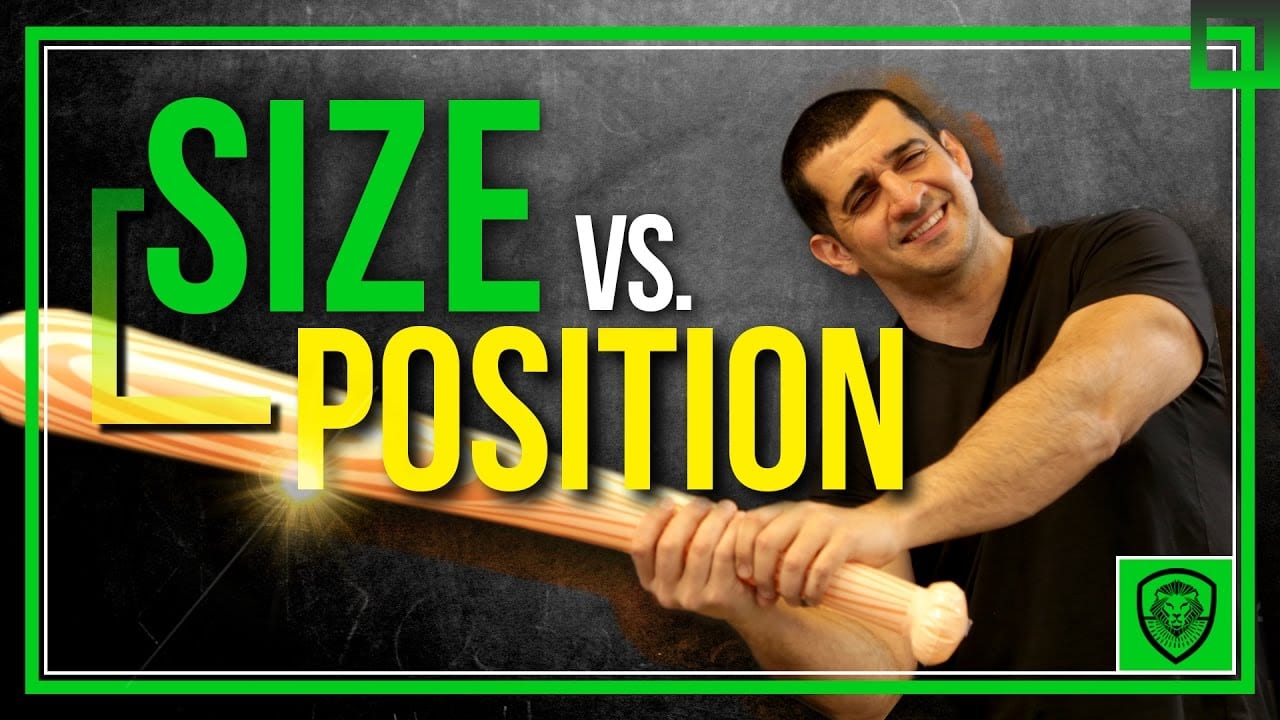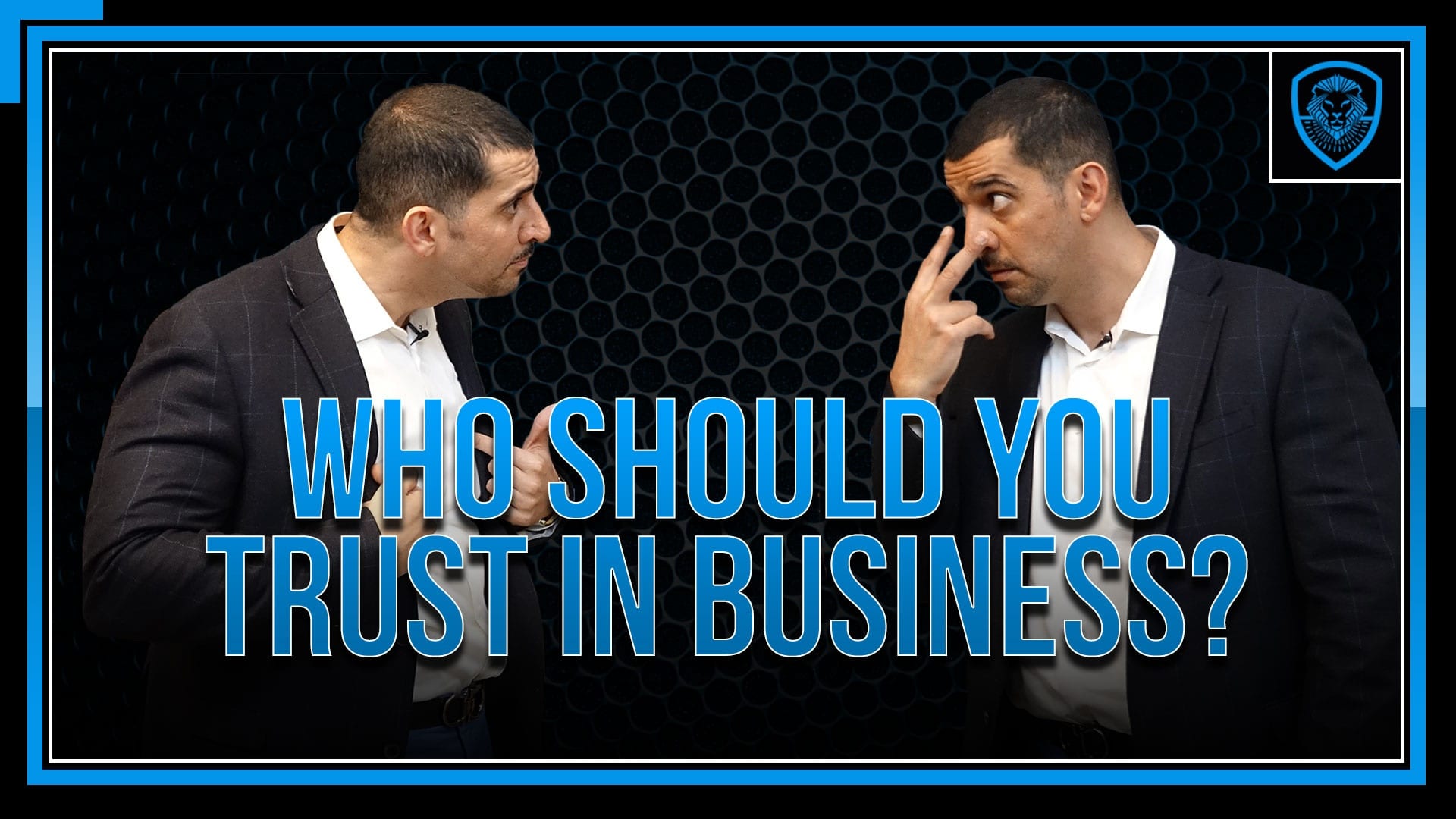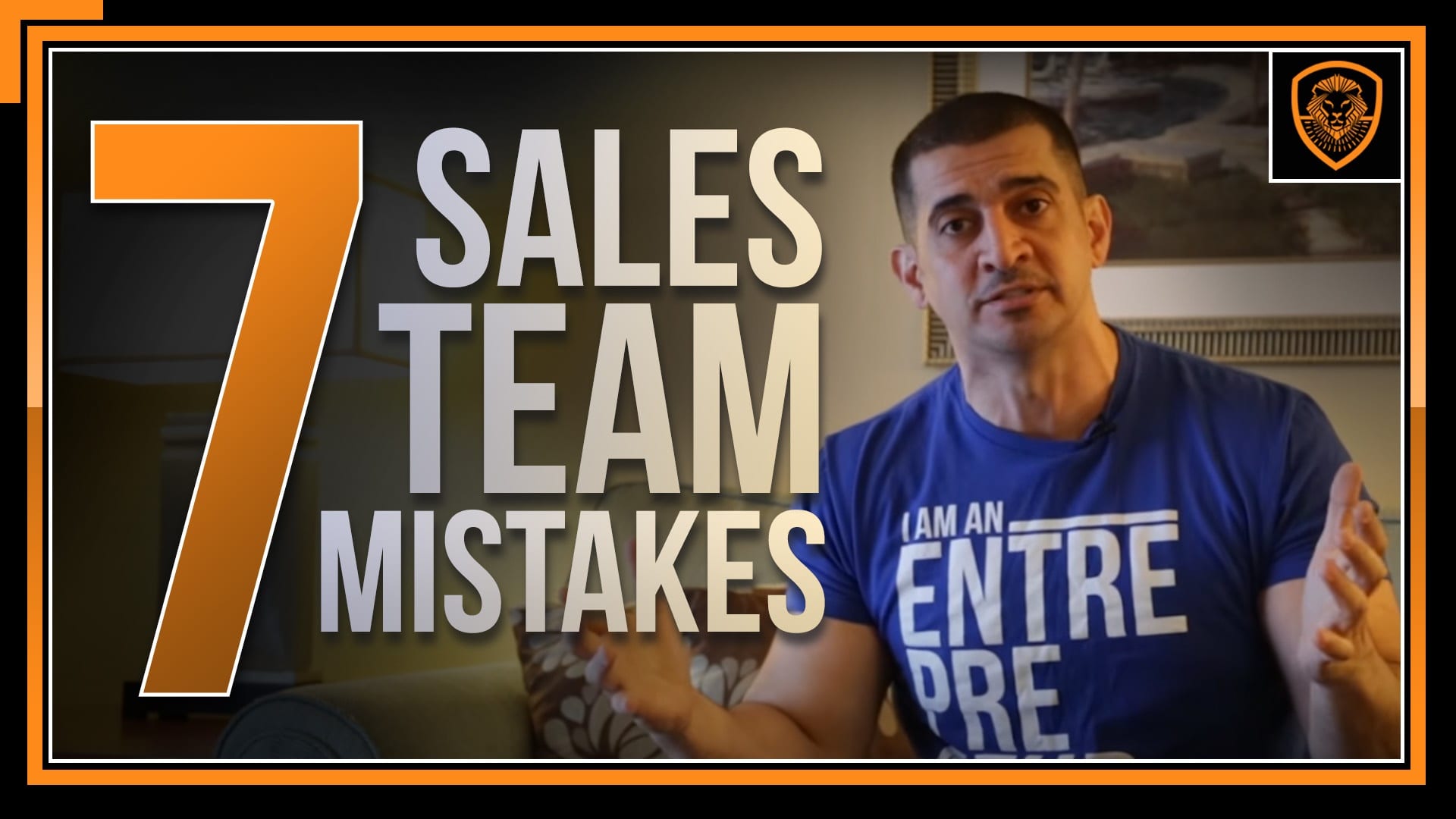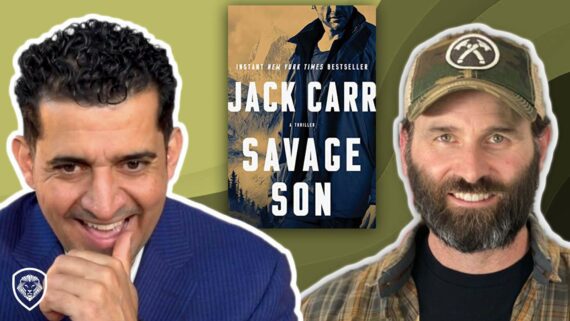Many say that size matters, but when you ask the question, “does size matter in business?” I’m here to tell you that it’s not about size. It’s about how you position yourself. And let me tell you why this is great news for you.
Let’s just say you’re the David of your industry, and you’re going against Goliath. You’re a small company, and have a smaller operation. And your competitors are massive! They’re sitting on billions of dollars of assets, and you don’t have those types of assets. So how do you compete against them?
The Dumbest Way to Position Yourself
A lot of times when I talk to entrepreneurs they say things like, "Patrick, you know what? I have a printing company. And I want to do business cards and I also want to do magazines. I also want to do books. And I also want to do brochures and flip charts and banners. I want to do everything so that I can make a lot of money." Or a lot of times people will say, "I'm in the financial services. I want to do real estate, loans and escrow. I want do processing, underwriting, and titles. If I do it all, I can be so big!" That, logically, may make sense, but it's the dumbest way for someone to position themselves. And, I'll tell you, and validate why, using a couple of stories.
Why You've Never Heard of the First Company that Came Out with Personal Computers
I'm going to give you two companies today as an example. The first one is Heinz, and the other one is Haloid. I'll start off with Haloid. Some of you may say, "Who is Haloid? I don't even know who Haloid is." Let me tell you who Haloid is. Haloid is actually the first company ever to come out with personal computers. Now some of you guys are watching and saying, "C'mon, Pat. Wasn't it IBM?" IBM came out with those big computers. But Haloid is the first company that came out with the smaller computers, and they were the first ones to come out with a mouse and small keyboard. The computer was called the Xerox Alto, and it came out in 1973. At that time they only produced 2,000 of them, 1,000 for their employees, 500 for universities, and they kept 500. And the never marketed the product. Never! Then one day, a guy that lived in Palo Alto called them and said, "Hey, I hear you guys got this machine. I want to see it. I'm getting ready to start a company, and I'm willing to give you 100,000 shares for a million dollars. I just want you to allow me to see this machine."
What Smart Entrepreneurs Do When the Find a Big, Dumb Company
So this guy walked into Haloid's entire place, in around 1978 or 1979. When he saw what they had, he got antsy. He was so excited he couldn't control himself. He said, "Do you guys realize how powerful this is? How many have you made? Only 2,000? Oh my gosh!" From morning to night for three days, he took notes. Do you know who that guy is? Boom! Steve Jobs. So Steve Jobs came in and saw a big, dumb company that didn't realize what the PC, personal computer could be if they sold it to the public. They didn't fully see the vision. So look what happened to them. Apple took over. And when Steve Jobs launched the mouse, everybody said, "This guy's such a visionary!" Haloid created 2,000 computers, 1,000 for employees, 500 for universities and 500 for themselves. Apple gave it to the world. And Apple today is worth $400 billion. Eight years later, Haloid decided they should probably consider launching the computer, and they did so in 1980 - for $100,000. How many people do you think can afford a $100,000 computer. (In today's dollars, that's closer to a half a million dollars.) So guess what happened? It flopped.
It's About Positioning, Not Size
The best thing Haloid did at that moment was realize that they were way behind the eight ball. Apple had taken the lead on everybody else. Other companies like Compaq were coming up, and Haloid was in the back. Now, Haloid had a machine that they made called Xerox. And Xerox became the number one copy machine. Since Haloid was ranked number one with copy machines, and number 10 with computers, they chose to reposition themselves. When they asked themselves the question, "Does size matter in business," they knew that positioning was more important than size. Haloid dropped their entire computer company. They lost $84 million when they just wrote it off. They said, "We're not a computer company. We completely missed out with computers. Let's go with copy machines instead." This big, dumb company was honest about the fact that they made a mistake. They repositioned and saved themselves. Today, Xerox is still a $24.8 billion Fortune 500 company. They dominate the copy machine marketplace, all because they repositioned.
When Heinz Tried to Be More than Ketchup
What do you think of when you hear the word, "pickles"? How about baby food? Chances are you think of Vlasic for pickles and Gerber for baby food. Heinz tried to make it with pickles and baby food, but they just couldn't beat those guys. It was like David trying to go against Goliath. But they were number one in ketchup. So while they still sell pickles and baby food, they put 95% of their time and resources into ketchup. They repositioned themselves, and when you hear the word, "Heinz," you only think about one thing - ketchup.
How Do You Position Yourself?
Listen in here for how I positioned myself in life insurance.
Does Size Matter in Business?
How many different products do you sell? Who are you trying to be? What is your main flagship product? Do you have a flagship product? What are you mainly marketing? What is it that you've got going on? Are you positioning it right? Or are you constantly trying to fight the big guy? Are you trying to position yourself to say, "I'm going to go against the big guy?" Or are you saying, "Nope. I'm going to reposition myself to go after this market, because no one's touching this." You need to ask yourself how you're going to reposition yourself. It's almost like saying that you're going to go into politics, and everyone is campaigning on economics, or pro-life vs. pro-choice. And instead of saying what everybody else does, you say, "I'm going to build a wall." Do you know why you would say something like that? It's positioning. No one else is talking about that. And all the other politicians are saying the same old thing. Listen in here for how we repositioned ourselves on YouTube and why we get a lot of heat because of it Listen, as long as you reposition yourself properly, you have an edge. If you try to be everybody else, you'll constantly have to fight against size, and you can't compete against size. You have to figure out how to reposition yourself. There's a way you can do it in your business. But you have to put some time into it and think about it, and make adjustments as needed. That how you can avoid being the next BDC (big dumb company). Anybody can be a BDC. Haloid's not the only BDC out there. There are a lot of them. But you won't be one if you figure out a way to reposition yourself. If you haven't yet subscribed to Valuetainment, please do so. Just click on the button below to subscribe. And if you have any questions or thoughts, comment on the bottom.







